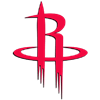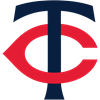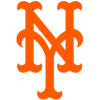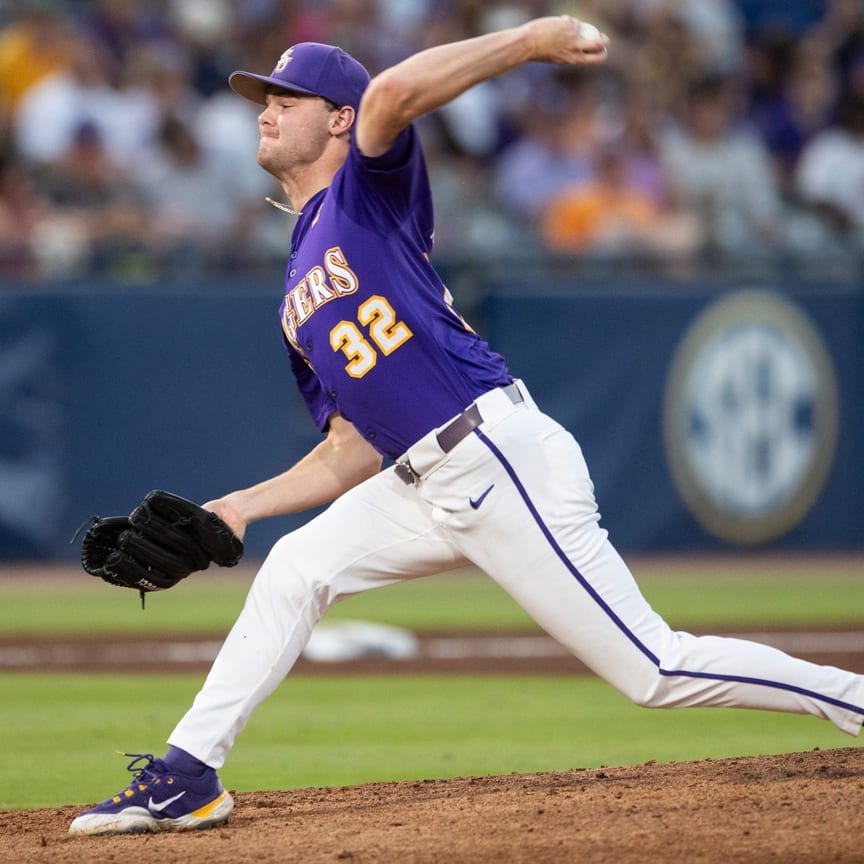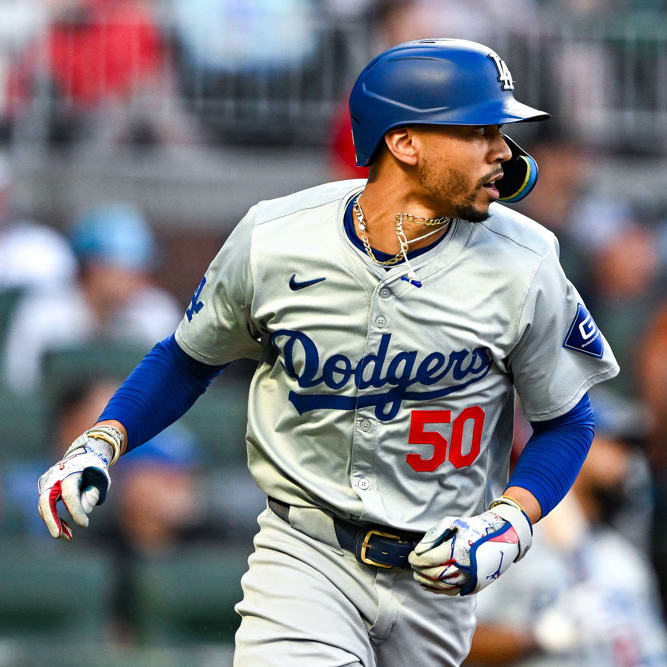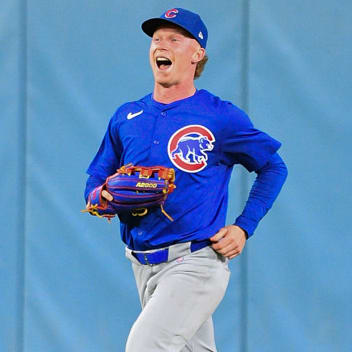As the growth of the daily sports contest industry spurns a wealth of new ideas, the folks over at TradeSports.com appear to have an excellent one. Forget about salary caps, setting rosters and checking point totals – this sports contest offering is a unique beast that allows users to profit not only from what happens between the lines, but also from their interactions with each other.
TradeSports' skill-based trading games allow gamers to buy and sell stock in the outcomes of sporting events, while offering payout structures similar to what you might see from daily fantasy sites. Each contest is based on one real-life game and features a number of different "stocks" to choose from. Each player starts with a $50,000 budget to buy and sell shares, and those left with the largest amounts of imaginary currency at the end of the contest are awarded prizes based on a fixed payout structure.
There are two types of skill-based games to choose from on TradeSports: pre-game and real-time contests. Stock trades for the pre-game contests close a few minutes before the first pitch/opening tip-off, while the real-time contests remain open for trading throughout the game.
We'll start with the pre-game contest option, which is a good idea not only for the purposes of this article, but also for daily gamers looking to get a start on TradeSports. While the real-time contests are what will ultimately keep many users around for the long haul, the pre-game variety are both simpler and somewhat similar, and thus make for a good starting point.
Pre-Game Contests
Once you enter a pre-game contest, you'll immediately see a number of different stocks to choose from. For example, from last Friday's Mets-Nationals game, options included 'Nationals to win', 'Jon Niese to have more than 7.5 Ks', and 'Mets to have more than 8.5 hits as a team'. As you can see, there will be a mix of team-based and player-based stocks for users to choose from. Friday's game had eight options.
Each stock is sold at a fixed price ranging from $1-100 per share, with a price of $35 indicating that an event is expected to occur about 35 percent of the time, and a price of $75 indicating that an event is expected to occur about 75 percent of the time. At the end of the contest, each stock is settled at either $0 or $100, depending on whether the event did ($100) or did not ($0) come to fruition.
If you were to buy one share of 'Jon Niese over 7.5 Ks' at $40, you would get $100 back ($60 profit) should Niese surpass the mark, and $0 back ($40 loss) if he doesn't reach that mark. Alternatively, you could choose to "sell" shares, in which case you'd turn $40 profit if Niese fails to go over 7.5 Ks, but lose $60 if he piles up eight or more whiffs.
Of course, with a $50,000 budget to work with, you'll typically want to buy shares in quantities of at least a few dozen. But, you can't just go with one pick and ride it, as there's a minimum trading requirement that might look something like this: $2,000 (or more) risked on at least 4 different stocks when trading is locked.
Such requirements ensure that the contests are skill-based by forcing users to put stock in a number of different outcomes within one real-life game. One or two good decisions make for a nice start, but you can still be undone by other poor decisions. Even if you heavily rode the Jon Niese strikeouts stock and the lefty comes through, you'll likely need other things to play out in your favor, as competing gamers may have also put a lot of stock in favor of Niese's Ks.
When choosing stocks, it's crucial to consider not only what's most likely to happen, but also the corresponding prices, and the actions of other gamers. We aren't merely trying to finish with more than $50,000 in imaginary currency, but rather trying to finish with more than our competitors.
If a contest pays out prizes to the top three finishers, we don't care about ending with $70,000, unless that puts us in the top three. Likewise, one could actually finish with less than he/she started with, yet still win a prize due to the poor predictions of other competitors.
Knowing what you're up against isn't merely guesswork, as TradeSports shows the "weight of money" and "open interest" on each side of every stock. If the weight of money on 'Jon Niese over 7.5 Ks' is 65%, it means that 65% of the money put into the stock was on the buy side, while just 35% was on the sell side. If the open interest is shown as 75, it means 75 more shares were bought than were sold. Conversely, if the open interest is shown at -175, it means 175 more shares were sold than were bought.
Real-Time Contests
A deeper discussion of the real-time contests will be coming, but for now let's get on with the introduction. These live-trading, skill-based games are the real gem of TradeSports, as they allow fans to stay involved throughout a game, continually trading stock in various outcomes.
As with the pre-game contests, each real-time contest is based on one athletic event, and trading will open before the game starts, with each player getting a $50,000 budget and required to meet certain minimum-trading qualifications. However, in this case, trading will stay open until the waning seconds of the game, and players are actually buying/selling stock from each other. Gone are the fixed prices of the pre-game contests, replaced by a free-market system that allows users to buy and sell based on what the market will bear.
This creates a new way to use your $50,000 budget, as you no longer need to hold on to a stock and have it settle at 0 or 100 to make money. For example, if you buy 100 shares of 'Jon Niese over 7.5 Ks' at $40/share, you can sell that stock to someone else during the game. Maybe Niese strikes out the side in the first inning, and then another trader wants to buy your shares at $60 apiece. You can hold on to the stock and see if it settles at $100 – an outcome that is now much more likely than before – or you can sell the shares to a new owner, netting a $2000 profit (100*(60-40)) before Niese has even started his second frame.
As you can see, one need not be correct with the initial predictions, as the opportunity to buy and sell shares with other gamers creates a whole new way to take down the contest. As with before, prizes will be awarded according to a set payout structure, so the goal is still to finish with more imaginary currency than your competitors.
Digging Deeper
We'll be bringing you more on TradeSports's skill-based trading games soon, the real-time contests in particular. There are so many strategic possibilities to play around with, and the unique nature of these offerings really allows fans to delve into one sporting event.
If you don't want to wait to learn more, go ahead and give TradeSports' support page a look. It may seem like there's a ton of information at first, but the support page does a terrific job of explaining things, complete with pictures, labels and an answer to pretty much any question one might have.







